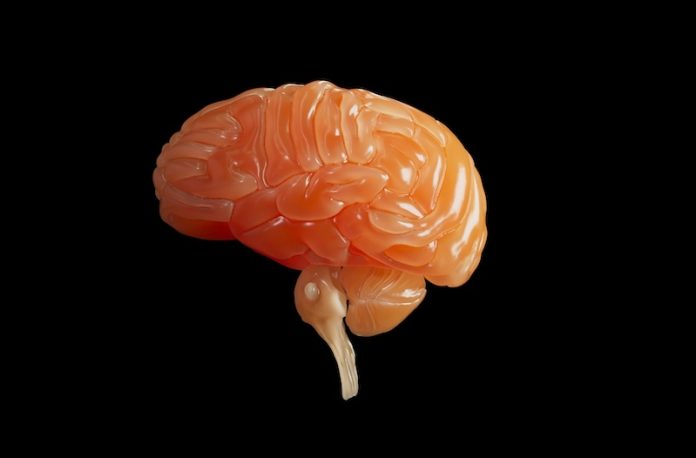
Metabolic Increase in Brain’s Hippocampus Identified as Early Indicator of Alzheimer’s Disease, Opening New Avenues for Early Intervention”
Researchers from Karolinska Institutet have made a significant discovery in the early phases of Alzheimer’s disease, identifying a metabolic increase in the hippocampus region of the brain.
This metabolic change, specifically involving mitochondrial activity, serves as an early indicator of Alzheimer’s disease and may pave the way for novel early intervention methods.
Alzheimer’s disease is the most prevalent form of dementia, affecting around 20,000 individuals in Sweden annually.
It is characterized by the gradual deterioration of cognitive functions and memory. Early detection and intervention are crucial for effectively managing the disease.
Mitochondrial Metabolic Increase
The research team utilized mice that exhibited Alzheimer’s disease pathology similar to humans.
They observed an initial increase in mitochondrial metabolism in young mice, which was followed by synaptic alterations caused by disruptions in the cellular recycling system known as autophagy.
Autophagy was recognized with the Nobel Prize in Physiology or Medicine in 2016.
As Alzheimer’s disease progressed, metabolic activity in the brain typically declined, contributing to synaptic degradation. This decline was observed in older mice with a longer duration of the disease.
Early Detection through Metabolic Changes
One of the noteworthy findings of this study is that metabolic changes in the brain can be detected before the accumulation of insoluble plaques—a hallmark of Alzheimer’s disease.
The alterations in energy balance corresponded with previous brain imaging studies of Alzheimer’s patients but were identified at an earlier stage.
Per Nilsson, an associate professor at the Department of Neurobiology, Care Sciences, and Society at Karolinska Institutet, emphasized the importance of early detection given the advent of disease-modifying treatments.
Metabolic changes could serve as a diagnostic factor to identify Alzheimer’s disease in its early stages.
Maria Ankarcrona, a professor at the same department, added that these metabolic changes precede the accumulation of insoluble plaques in the brain, marking an early phase of the disease.
Exploring Mitochondria and Autophagy
The researchers employed RNA sequencing to assess gene activity in the hippocampal cells during different stages of Alzheimer’s disease development. They pinpointed an early increase in mitochondrial metabolism as a key feature.
Further investigations into the role of mitochondria and autophagy in Alzheimer’s disease are planned, particularly in mouse models that closely mimic the Alzheimer’s brain.
The researchers aim to examine whether molecules that stabilize mitochondrial and autophagic function can slow the progression of the disease.
This groundbreaking research offers hope for early intervention in Alzheimer’s disease by targeting metabolic changes in the brain, potentially improving the management and treatment of this debilitating condition.
If you care about Alzheimer’s, please read studies about the likely cause of Alzheimer’s disease , and new non-drug treatment that could help prevent Alzheimer’s.
For more information about brain health, please see recent studies about diet that may help prevent Alzheimer’s, and results showing some dementia cases could be prevented by changing these 12 things.
The research findings can be found in Molecular Psychiatry.
Follow us on Twitter for more articles about this topic.
Copyright © 2023 Knowridge Science Report. All rights reserved.



